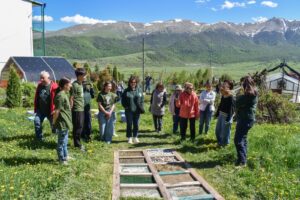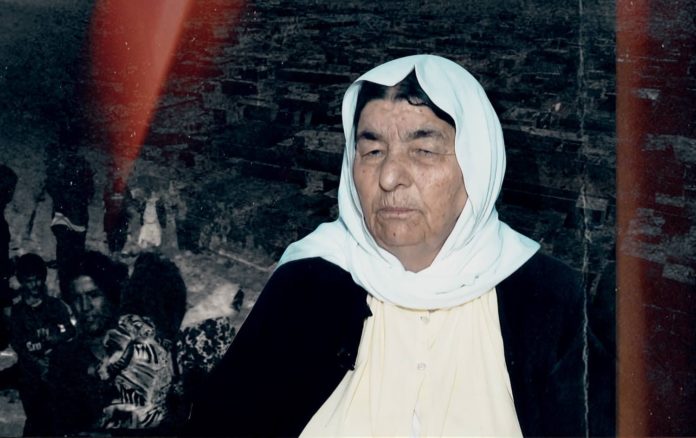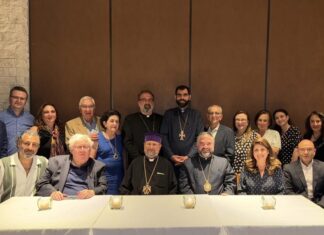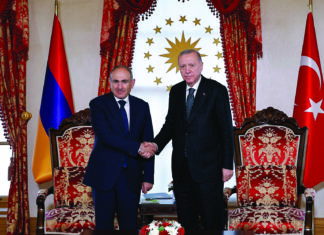By Sarkawt Mohammed
ERBIL, Kurdistan Region (Rudaw) — Shame Dero lost five of her ten children to the Islamic State group (ISIS). Every year, on August 3, in commemoration of the genocide anniversary, she prepares food for the children of Chamishko camp in Duhok where she lives, remembering the hunger she and other Yazidis felt as they fled the terror group’s attack on Shingal.
“We are doing this for the sake of God and for the souls of those whose flesh was eaten in the desert. Trust me, I consider them my own children. All of our children were loved ones. There were students, doctors, teachers, academicians, and soldiers among them. They were all starving. They had no food. I swear to God, none of them has been buried. None of the injured was taken to the hospital… When I prepare the food, I prepare it as if my children are alive and I am feeding them. With this food donation, I ease my sorrows.” Dero said in an interview with Rudaw’s Jaffar Mubashirnya on Tuesday, August 3.
On August 3, 2014, ISIS militants took over the town of Shingal, committing genocide against the Yazidi minority. Thousands fled their homes, seeking shelter on Mount Sinjar, then later in camps in the Kurdistan Region or abroad. Militants systematically killed men and older women, and enslaved younger women and children. In the first days of the genocide, 1,293 people were killed and 6,417 people were abducted. Today, 2,760 people are still missing, according to statistics from the NGO Joint Help for Kurdistan.
“In front of our daughters-in-law, they beheaded our grandchildren. Our children’s flesh is cut into pieces. Isn’t that a crime?” asked Dero.
“Thirty-three relatives of my family were victimized and enslaved by ISIS. Thirteen of them were killed. One of my sons survived after being injured. He was shot twice in the leg and needs special care,” said Dero.








